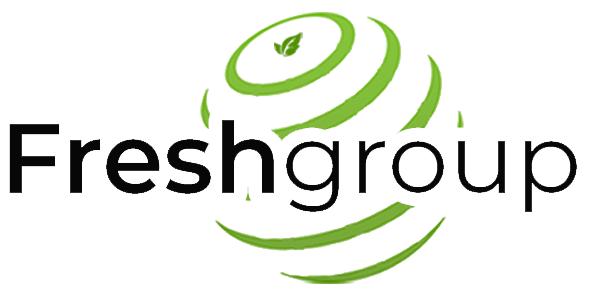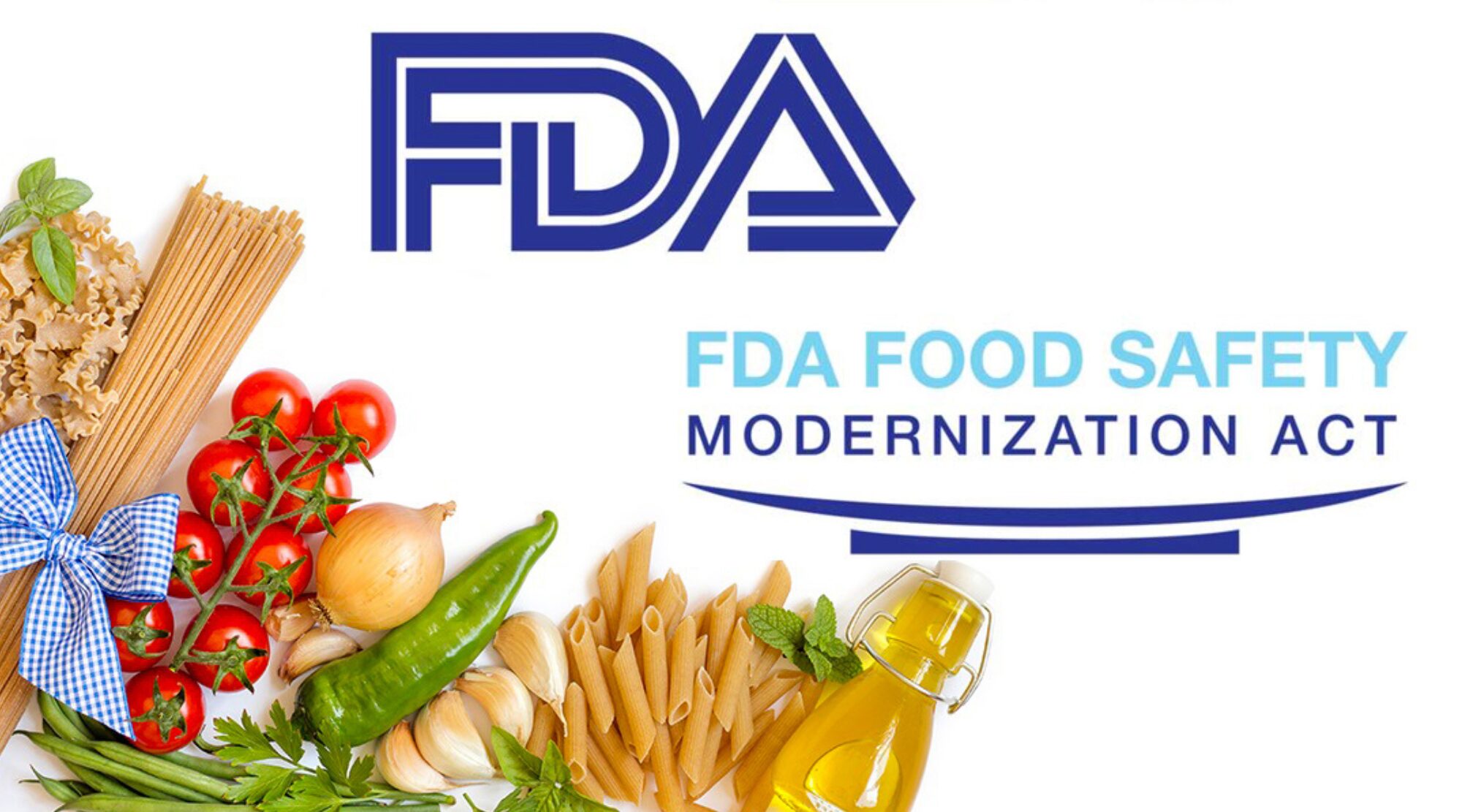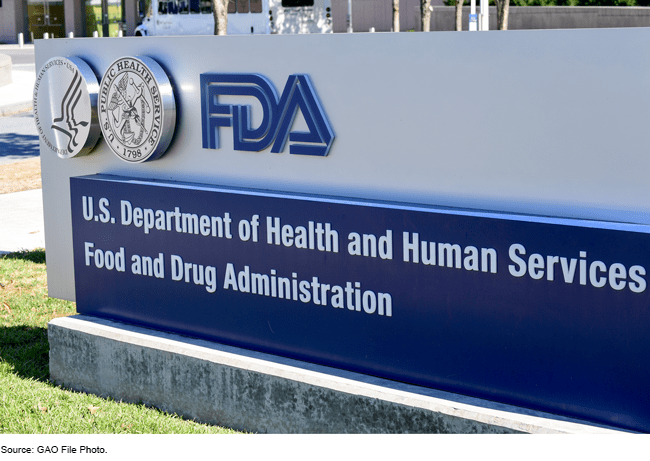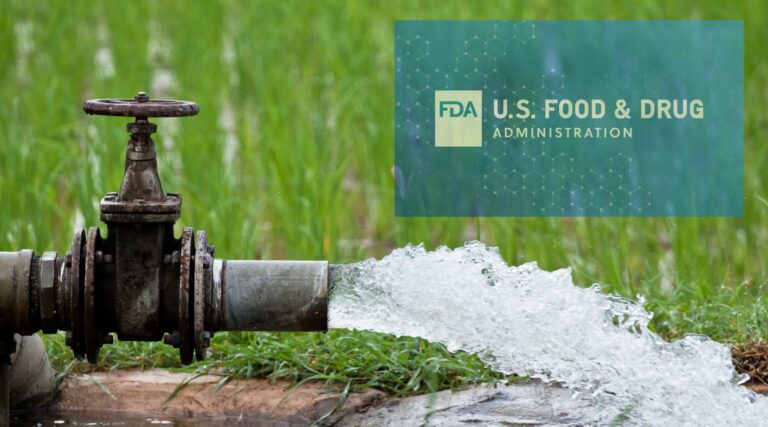Updated as of: 07/13/2023.
What Products Are Covered?
Regulated Products: Food & Beverages
Law: Food Safety Modernization Act (FSMA)
Overview
Domestic and foreign food facilities that need to register under Section 415 of the Food, Drug, & Cosmetic Act must follow the Food Safety Modernization Act (FSMA)’s rules for risk-based preventive controls and the updated Current Good Manufacturing Practices (CGMPs). Even facilities that aren’t required to register still need to follow CGMPs.
The final rule, established in September 2015, mandates that facilities have a food safety plan that includes hazard analysis and preventive controls to minimize risks.
Compliance Deadlines
– September 18, 2017: For small businesses (fewer than 500 employees)
– September 17, 2018: For very small businesses (annual sales under $1 million)
– September 17, 2018: Facilities subject to the Pasteurized Milk Ordinance (for Grade “A” milk and milk products)
Key Requirements
- Updates to The Current Good Manufacturing Practices (CGMPs)
– Education and training for staff are now mandatory.
– Management must ensure all employees involved in food production are qualified and trained in food hygiene and food safety.
– CGMPs now specifically address allergen cross-contact.
– CGMPs include provisions for holding and distributing human food by-products for animal food.
- Food Safety Plan
A food safety plan is required for facilities registered under the Federal Food, Drug, and Cosmetic Act. It must include Hazard Analysis, Preventive Controls, Monitoring and Management, Supply Chain Program, and a Recall Plan.
Hazard Analysis: Identifying biological, chemical, and physical hazards (e.g., naturally occurring, unintended, or intentional contamination for economic reasons).
Preventive Controls: Facilities must tailor controls for specific risks in their products. These controls include:
– Process Controls: Ensuring parameters for safe cooking, refrigerating, etc., are met.
– Food Allergen Controls: Preventing allergen cross-contact and ensuring proper labeling.
– Sanitation Controls: Keeping the facility sanitary to prevent contamination by pathogens or allergens.
- Oversight Management of preventive controls
Facilities must:
– Monitor preventive controls to ensure they work, with documentation (e.g., temperature logs for cooking).
– Correction are to be taking in a timely manner to identify and correct a minor, and easily isolatable problem that occurs during food production.
– Take corrective actions when issues arise, ensuring that affected food is safe.
– Verify the effectiveness of controls through validation, equipment calibration, and record reviews.
- Supply Chain Program
A supply chain program is required if a hazard is identified that the facility cannot control internally. Facilities must:
– Use approved suppliers for high-risk ingredients.
– Verify the supplier’s control of hazards.
- Recall Plan
If a hazard requiring preventive control is identified, the facility must have a recall plan. This plan should cover:
– Notifying consignees and the public.
– Conducting effectiveness checks.
– Properly disposing of recalled products.
Preventive Control Qualified Individual (PCQI) is needed to develop and apply the risk-based preventive controls, as well as apply a food safety system in food and beverage companies in the United States. Fresh Group Food Safety and Quality Consulting is equipped with seasoned PCQI to assist you in complying with the FDA FSMA rules for risk-based preventive controls.
Source: US Food and Drug Administration
Reach out to Fresh Group Food Safety And Quality Consulting for any inquiries related to FSMA Rules and Preventive Controls for Human Food.



![Read more about the article Food waste: the problem in the EU in numbers [infographic]](https://freshgroupglobal.com/wp-content/uploads/2024/05/Food-Waste-in-the-EU-768x427.jpg)
